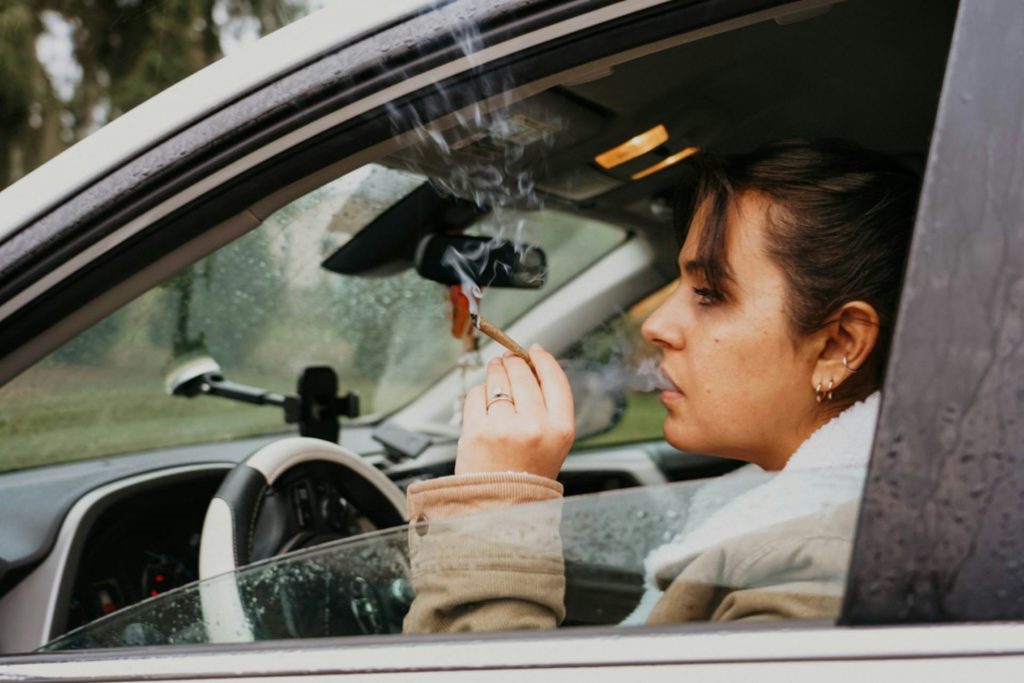Hospitals Continue to Halt Sex-Change Procedures on Children as Policies Take Hold

News outlets report that clinics around the country continue to stop performing sex-change procedures on children in the wake of new state and federal policies.
To date, more than half of state legislatures have enacted laws protecting children from puberty blockers, cross-sex hormones, and sex-change surgeries, and the U.S. Supreme Court has ruled that these types of laws are constitutional.
As a result, major children’s hospitals around the country have stopped performing sex-change procedures on kids.
In recent years, men and women have come forward with chilling testimony about how they were rushed through gender transition as children, and experts have revealed how the medical “consensus” in support of performing transgender procedures on children was largely manufactured by pro-LGBT organizations.
Public health officials and experts in the U.K., Sweden, Finland, and elsewhere have found that science does not support giving puberty blockers and cross-sex hormones to kids.
We now know that sex-change procedures, puberty blockers, and cross-sex hormones can leave children permanently scarred, sterilized, and at risk of serious health conditions.
In 2021, Arkansas passed the Save Adolescents From Experimentation (SAFE) Act prohibiting doctors from performing sex-change surgeries on children or giving them puberty blockers and cross-sex hormones. The SAFE Act was the first law of its kind in America. It has been upheld in court and is protecting children in Arkansas right now.
In January, President Trump issued an executive order prohibiting federal funding from being used for sex-change procedures on kids — including puberty blockers, cross-sex hormones, and sex-change surgeries.
Medical institutions and facilities that receive federal research or education grants must “end the chemical and surgical mutilation of children” immediately, under the order.
Earlier this summer, the Federal Trade Commission (FTC) announced a public inquiry into whether U.S. doctors and clinics may have deceived parents and children about the risks of these procedures. The U.S. Department of Justice issued subpoenas to doctors and medical facilities involved in performing sex-change procedures on minors. The DOJ also has asked Congress to enact legislation protecting children from these procedures, and the U.S. Department of Health and Human Services has proposed a federal rule to help put a stop to them as well.
All of this is really good news for children in our country.
Articles appearing on this website are written with the aid of Family Council’s researchers and writers.
Ohio Sees More Calls to Poison Control Following Marijuana Legalization

Marijuana edibles have led to a spike in Poison Control Center calls in Ohio, according to news reports and medical experts.
Ohio legalized marijuana in 2023. The Columbus Dispatch reports that cases of children 12 and under exposed to marijuana increased by 52% the following year — primarily involving edibles.
Dr. Eric Ligotski at Akron Children’s Hospital recently co-authored a six-year study examining the impact of marijuana edibles. His research found calls to Ohio’s Poison Control Center for cannabis intoxication rose significantly — especially among children ages zero to five years old.
These findings track with data from other states.
Earlier this year, medical professionals in Connecticut reported that marijuana is sending children to the E.R. and prompting people to call Poison Control.
North Carolina released a report showing a surge in Poison Control calls about children exposed to THC — the primary psychoactive substance in marijuana.
Public health officials in Washington State have made similar findings.
In fact, a study from Oregon Health and Sciences University found poison center calls due to children exposed to marijuana rose 245% from 2000 – 2020.
Marijuana edibles often mimic popular candies that appeal to children. But because marijuana edibles often contain high concentrations of THC, the products are dangerous.
Lawmakers in Arkansas have taken steps to restrict marijuana edibles under the state’s “medical” marijuana program, and state law prohibits dangerous products containing THC made from industrial hemp.
From deadly heart disease and cancer to stroke, mental illness, and birth defects, marijuana has been found time and time again to pose serious health hazards.
And instead of decreasing crime, marijuana legalization has actually emboldened drug cartels and increased the flow of illegal drugs across America.
All of this simply underscores what we have said for years: Marijuana may be many things, but “harmless” simply is not one of them.
Articles appearing on this website are written with the aid of Family Council’s researchers and writers.



